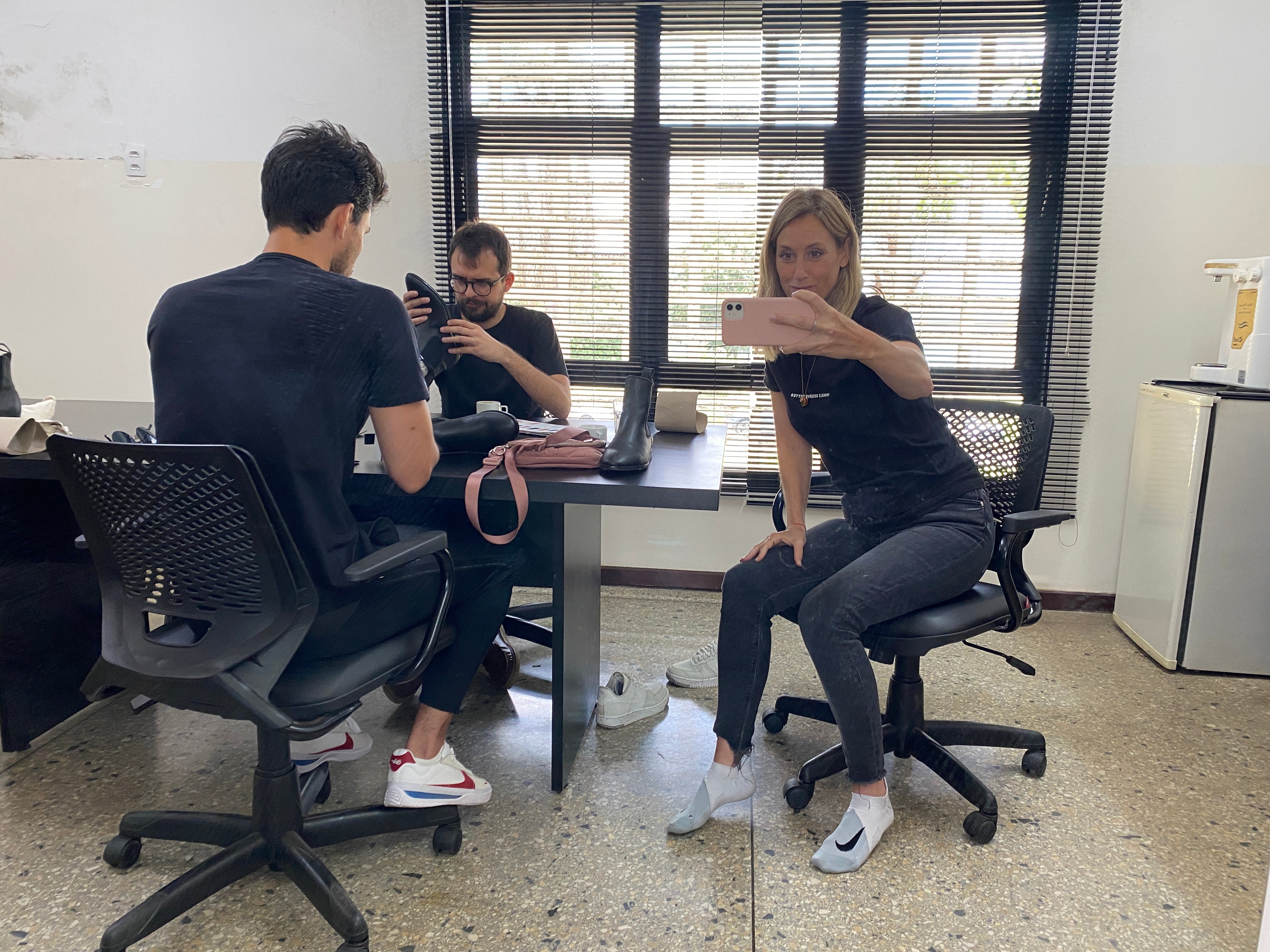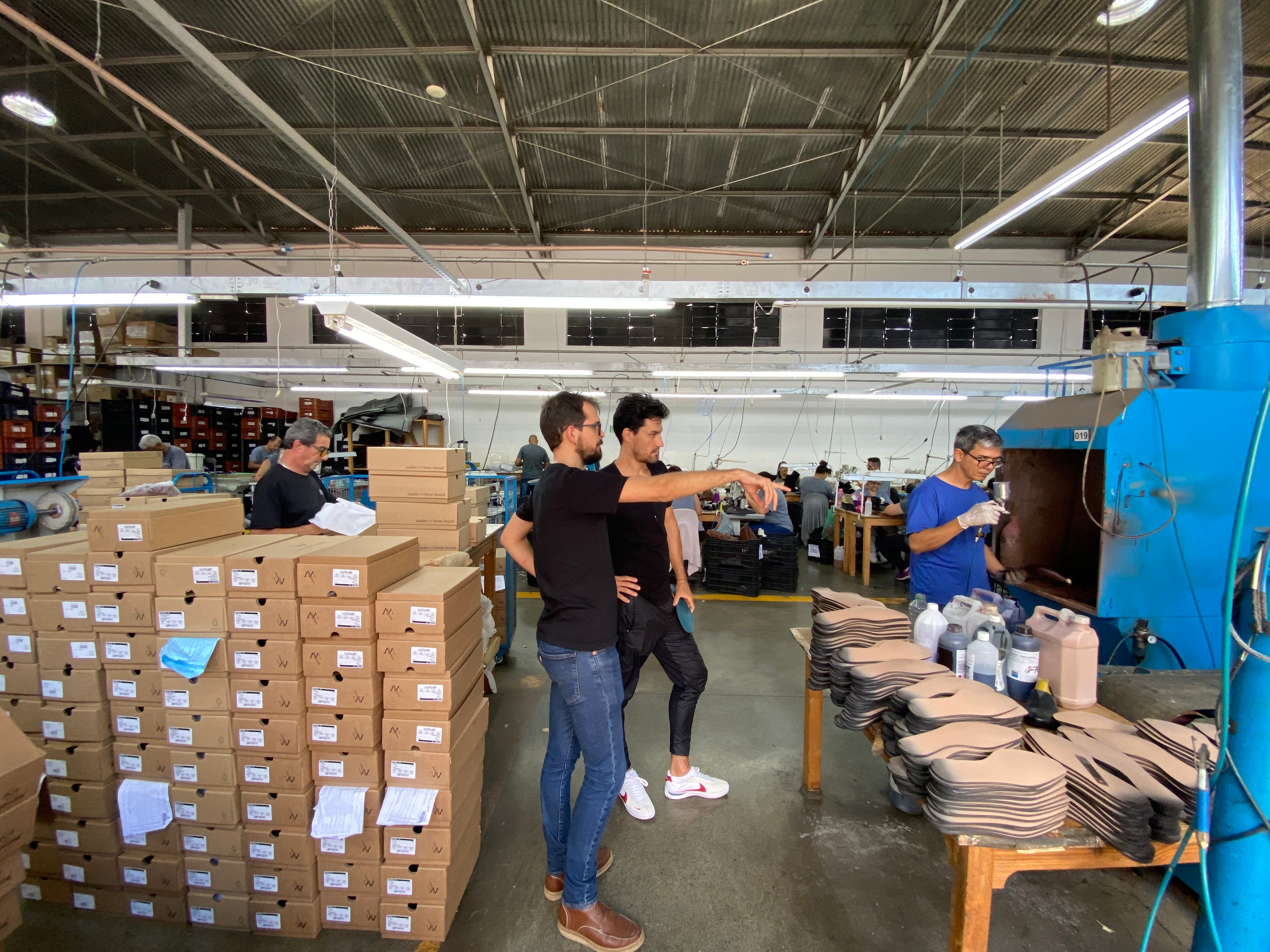Mango Leather: A Vegan Alternative to Traditional Leather
Mango leather (a cruelty-free alternative to traditional leather) is a remarkable innovation that mimics the texture, durability, and elegance of leather, while being completely plant-based and vegan-friendly. Made from end of life mangos this eco-friendly material is paving the way for a more sustainable and compassionate fashion industry.
One of the key advantages of mango leather is its similarity to traditional leather in terms of look and feel. It boasts a smooth texture and an elegant appearance, allowing it to be used in a wide range of fashion applications, including handbags, wallets, shoes, belts, and even clothing. This means you can enjoy the luxurious look and feel of leather without any guilt or harm to animals.
In addition to being cruelty-free, mango leather is an eco-friendly choice. By repurposing unusable mangos, this innovative material helps reduce waste and minimize the environmental impact associated with the traditional leather industry. It is a sustainable option that promotes a circular economy by making use of resources that would otherwise go to waste.
Furthermore, mango leather is biodegradable, unlike many synthetic alternatives. When it eventually reaches the end of its lifespan, it will naturally decompose, minimizing its impact on the environment. This is in stark contrast to traditional leather, which can take decades or even centuries to break down.
The rise of mango leather represents a significant step towards a more compassionate and sustainable fashion industry. By embracing plant-based alternatives like mango leather, we can reduce our reliance on animal products and contribute to the well-being of animals and the planet. Choosing vegan faux leather options allows us to make a positive impact without compromising on style or quality.
We are looking forward to considering mango leather as an ethical and fashionable choice. At the moment our boots are made of vegan Cactus leather which also is very similar to leather and an incredible non leather vegan faux leather alternative. These innovative materials contribute to the growing movement towards a more sustainable and compassionate future, where style and ethics can go hand in hand.
Fruitleather Rotterdam gives wasted mangoes a new life. We do this through a process that converts mango fibers into a vegan leather-like material that is then sold to designers all over the world.


